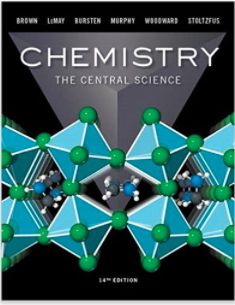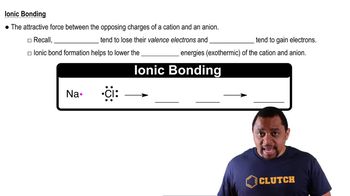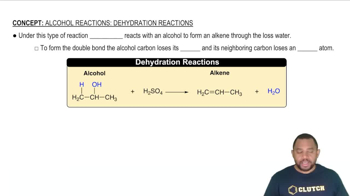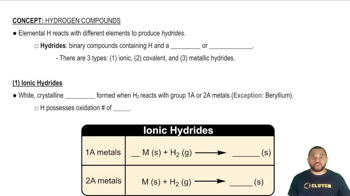Write a balanced equation for the reaction that occurs in each of the following cases: (a) Cesium is added to water.

Potassium and hydrogen react to form the ionic compound potassium hydride. (c) Based on your calculated energy changes in (b), which of these reactions is energetically more favorable (or less unfavorable)? (d) Is your answer to (c) consistent with the description of potassium hydride as containing hydride ions?
 Verified step by step guidance
Verified step by step guidanceKey Concepts
Ionic Bonding

Energetics of Reactions

Hydride Ions

Write a balanced equation for the reaction that occurs in each of the following cases: (c) Sodium reacts with oxygen.
(a) As described in Section 7.7, the alkali metals react with hydrogen to form hydrides and react with halogens to form halides. Compare the roles of hydrogen and halogens in these reactions. Write balanced equations for the reaction of fluorine with calcium and for the reaction of hydrogen with calcium. (b) What is the oxidation number and electron configuration of calcium in each product?
Potassium and hydrogen react to form the ionic compound potassium hydride. (b) Use data in Figures 7.10 and 7.12 to determine the energy change in kJ/mol for the following two reactions:
K(g) + H(g) → K+(g) + H-(g)
K(g) + H(g) → K-(g) + H+(g)
Little is known about the properties of astatine, At, because of its rarity and high radioactivity. Nevertheless, it is possible for us to make many predictions about its properties. (a) Do you expect the element to be a gas, liquid, or solid at room temperature?
